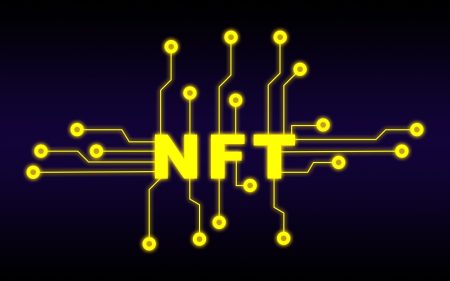VARA and Crypto have been going hand and hand ever since the inception of Virtual Assets Regulatory Authority (VARA) Dubai. However, as the licensing process gets more tedious and slower, virtual asset businesses are getting demotivated. Does this mean that virtual assets businesses will look for a better jurisdiction to run their show? Is Dubai no longer a hub for virtual asset business?
The answer is a big NO. Dubai continues to be a hub for virtual assets business. VARA and Crypto Industry in the UAE have a very unbreakable bond. As a young regulator, VARA strives towards perfection. It is because of this drive to attain perfection, that VARA officials meticulously go through every application that comes their way and decide whether the business should be provided with a license or not.
Why Should Virtual Asset Regulators Be Careful While Issuing License To Virtual Asset Businesses?
Virtual assets, such as cryptocurrencies and digital tokens, exist in a quickly developing and complicated environment, posing new regulatory issues. Here are numerous reasons why authorities should be cautious when issuing licenses to virtual asset businesses:
Financial Crime Risk: Virtual assets have the potential to be misused for illegal purposes such as money laundering, terrorist financing, and fraud. To reduce these risks and maintain compliance with international standards, regulators must put in place strong anti-money laundering (AML) and know-your-customer (KYC) regulations.
Market Volatility: The value of virtual assets may be extremely volatile, with quick movements caused by variables such as market speculation, legislative developments, and technological advances. When granting licenses for virtual asset enterprises, regulators must consider the possible impact of market volatility on investors and financial stability.
Investor Protection: Retail investors may lack the necessary expertise and experience to manage the complexity of virtual asset markets, leaving them exposed to investment losses and fraudulent schemes. To protect investors’ interests, regulators must put in place safeguards such as disclosure requirements, risk alerts, and suitability evaluations.
Market Integrity: The decentralized structure of virtual asset markets, as well as the popularity of cross-jurisdictional trading platforms, make it difficult to ensure market integrity and avoid manipulation. To detect and discourage abusive trading behavior, regulators must put in place surveillance and enforcement procedures.
Technology Risks: Virtual asset enterprises face a variety of technology risks, including cybersecurity threats, operational failures, and smart contract weaknesses. Regulators must analyze the cybersecurity measures and resilience of virtual asset enterprises to limit these risks while also ensuring the integrity and security of the infrastructure.
Cross-Border Challenges: Virtual assets function in a global market with cross-border transactions and regulatory arbitrage. Regulators must collaborate with colleagues in other countries to handle cross-border issues, unify regulatory systems, and prevent regulatory evasion.
While regulatory monitoring is required to handle risks and safeguard investors, excessive regulation may discourage innovation and impede the expansion of the virtual asset business. Regulators must find a balance between encouraging innovation and enforcing regulatory compliance in order to promote a dynamic and competitive market.
The interaction between VARA and Crypto is complex and varies based on the regulatory environment and the individual measures taken by the authorities. While certain regulatory measures may be considered as discouraging by virtual asset enterprises, others may be viewed as important initiatives to enhance market integrity, protect investors, and reduce risks. Virtual Asset business owners sometimes tend to get impatient and get demotivated. However good things take time. Getting in touch with the right set of people including crypto lawyers can help businesses acquire the required license without any mental hassle. From filling out the Initial Disclosure Questionnaire to licensing, legal professionals can help with an array of services they have to offer. Get in touch with them today.








